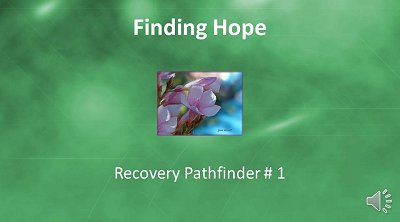Your path ahead looks uncertain, and it will be full of ups and downs. Most people struggle with how to cope when their emotions may tend to get out of control.
What is a Coping Plan?
I would like to share a simple worksheet that was developed to help with that. It will guide you to put some thought into what “triggers” you, and what warning signs would be seen by others when you are upset.
It also helps you explore what is helpful and what is not helpful if you feel like you are losing control. The Coping plan can be shared with others, so they understand more about you and your needs. And, you will be able to be more prepared for successful coping if you plan ahead.
How to Use a Coping Plan
Please go to to my Coping Plan webpage to read more about using the worksheet and about Trauma-Informed Care. It was developed to help prevent people from being re-traumatized because of the reactions of others to their behaviors. To summarize:
Trauma can shape people’s mental, emotional, spiritual
and physical well-being. Nearly every
family is impacted in some way. Instead of asking “what is wrong with you?” ask “what has happened to you?” Reduce the blame and shame that some people feel. Build understanding of how the past impacts the present and help you progress
toward healing and recovery
The original link used for the information above was:
WI Dept. of Health Services. (2012). Wisconsin State Trauma-Informed Care (TIC)
Educational and Media Campaign. Retrieved 7-15-12 from
http://www.dhs.wisconsin.gov/mh_bcmh/tic/index.htm
A current link for more information about Trauma-Informed Care is https://www.dhs.wisconsin.gov/resilient/trauma-informed-practices.htm
You will probably also learn that your behaviors are not so different than many other people who we interacted with as we developed the worksheet.
The coping plan worksheet is available here >>>
Find successful ways to cope
My goal is to help people who are struggling with anxiety, anger, depression, addiction, or other behavior problems to cope better. There are lots of ideas on the worksheet!
Share your coping plan with people around you
Allow family, friends, and community be able to help you more. Things usually seem easier when they are discussed ahead of time and they know what to expect. Stronger relationships can happen with better coping.
Hopefully, life’s path will look brighter as you feel more prepared and in control. I hope this information is helpful to you!
Blog Post # 20 written 6-25-20 by Mary Knutson









